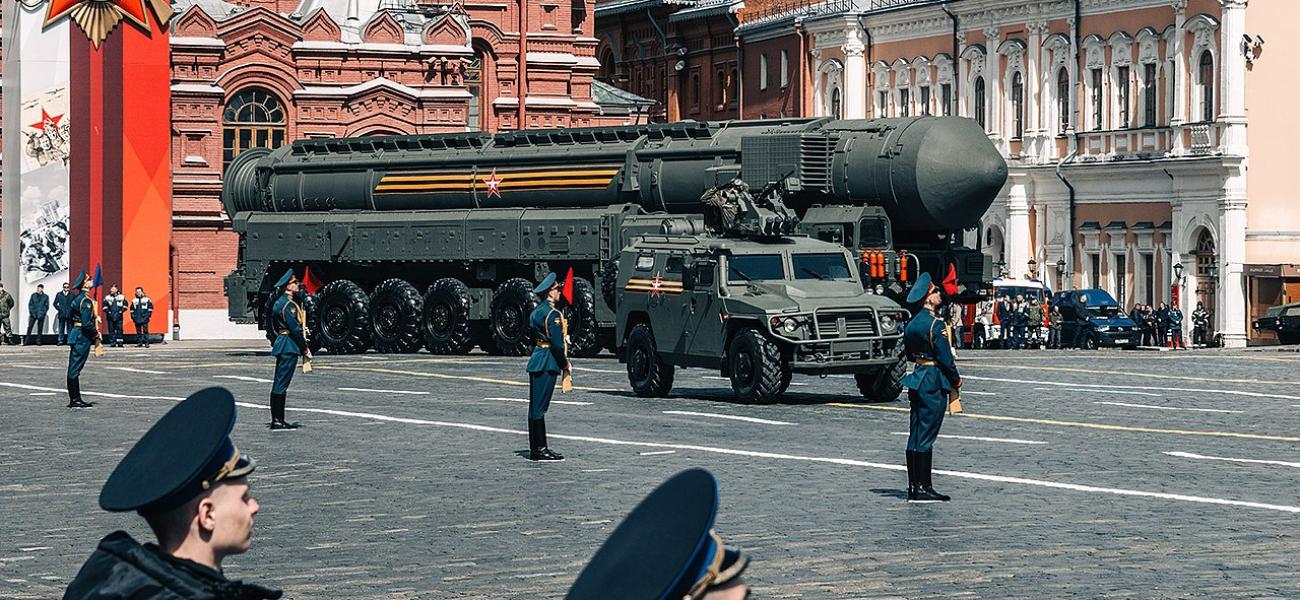
The Case Against a New Arms Race
This is a summary of an article originally published by Foreign Affairs with the subheading, "Nuclear Weapons Are Not the Future."
The author, Steven C. Házy Lecturer at the Center for International Security and Cooperation at Stanford University and former NATO Deputy Secretary-General and U.S. Undersecretary of State for Arms Control and International Security, writes:
- “It would be a mistake for the United States, or any state, to embark on a nuclear arms race during this time, when a revolution is afoot in other types of military technology. New defense innovations promise not just to transform warfare but also to undermine the logic and utility of nuclear weapons. With advances in sensing technology, states may soon be able to track and target their adversaries’ nuclear missiles, making the weapons easier to eliminate. And with nuclear weapons more vulnerable, innovations such as drone swarms—large numbers of small automated weapons that collectively execute a coordinated attack—will increasingly define war. A fixation on building more nuclear weapons will only distract from this technological revolution, making it harder for the United States to master the advances that will shape the battlefield of the future.”
- “This future threat argues not for abandoning nuclear weapons but for carrying forward a careful modernization of them … United States must watch China. China has gone from a nuclear posture depending on a small force of missiles intended for second-strike retaliation to something else.”
- “Washington must remain alert, as well, to what Russia is doing. The country is a highly capable and experienced military nuclear power with a leader whose belligerence is breathtaking. Putin’s nuclear saber-rattling is unlike anything seen in the seven decades since nuclear weapons were last used … As long as both parties [the U.S. and Russia] adhere to the treaty, which they have continued to do even during the Ukraine war, the United States will be able to carry out its nuclear modernization in a stable and predictable environment. This predictability is the key reason to replace the treaty before it ends in February 2026.”
- “The wisest choice for Washington, then, is to modernize its nuclear force posture as planned while putting its main emphasis on developing and acquiring new technologies for military applications. A nuclear arms race is a sidetrack that is not in the U.S. national security interest.”
Read the full article at Foreign Affairs.
Rose Gottemoeller
Rose Gottemoeller is the Steven C. Házy Lecturer at the Center for International Security and Cooperation at Stanford University. She is the former NATO Deputy Secretary-General and U.S. Undersecretary of State for Arms Control and International Security.
The opinions expressed herein are solely those of the author. Photo by Kremlin.ru shared under a Creative Commons license.

